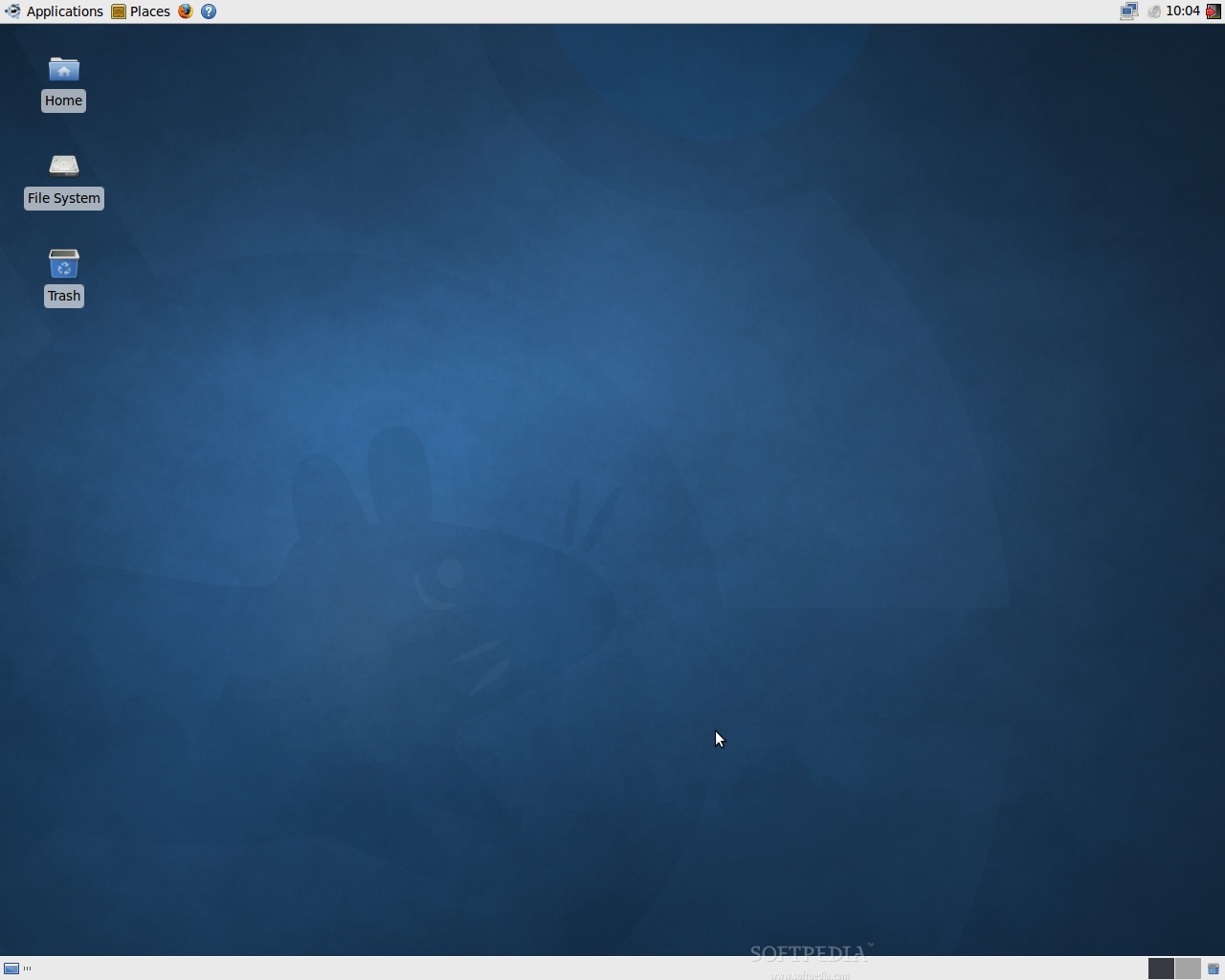And I don’t just mean for geeks. I mean a real, viable alternative to Windows for many users despite the apparent quality of both Windows 7 and Server 2008.

About a year and a half ago, ZDNet’s Adrian Kingsley-Hughes asked, “Is Ubuntu becoming the generic Linux distro?” and concluded that “the evolution of Ubuntu into the generic Linux distro isn’t a bad thing”. Fair enough, but Canonical’s Mark Shuttleworth took this idea a bit farther during a press conference call yesterday:
“We’ve already done a lot of work in developer ecosystem and we’re now increasingly interested in the non-developer consumer ecosystem, so that’s what all the OEM work is about,” Shuttleworth said, declaring that his focus was on “making sure that Ubuntu gets pre-installed and Ubuntu is available from Dell.com and others and making sure that Ubuntu is the default alternative to Windows.”
He didn’t mention Apple, which, to many consumers, is the only alternative to Windows. For all its buzz in the tech world, Linux (or Ubuntu) is hardly a household word. Competing with Apple, though, which already has an impressive ecosystem of hardware and is the reigning king of usability, doesn’t make sense anyway and this ad from Novell would never fly outside of the tech community:
So how can I be so confident that Shuttleworth’s vision of becoming the “default alternative”, and not just the default Linux for those geeky enough to try it, will become a reality? Because he very clearly tied it to a vision of platform. If Ubuntu can work well on every device users encounter (including non-Intel smartbooks and other new classes of portable devices that will be emerging in the next couple of years, displacing notebooks for many consumers), then name recognition will follow.
Obviously, the PC space is dominated by Windows. Yet no matter how spiffy Windows 7 is (and even Shuttleworth acknowledged that it was a good OS, worthy of competing with Ubuntu), Vista taught us all a lesson (consumers and techies alike). There are alternatives to the latest and greatest from Microsoft, even if that’s Windows XP. We don’t have to upgrade.
This “PC space” is changing, though. Windows Mobile stinks. Microsoft has no plans to develop Windows on ARM platforms. The cloud is here, not because of the economy, but because of the value businesses perceive in it. Ubuntu is actively developing in all of these spaces and their latest, highly polished OS (available Thursday) shows off many of the technologies.
What forced Microsoft to crank out it’s best OS in years (some might say it’s best ever and certainly the most stable prior to a service pack or two)? Competition. Competition from Apple, certainly, but also a growing awareness of open source concepts in general. Many artists are releasing DRM-free music (and still making money). Books are widely and freely available. Content is everywhere, much of it for free. Something that you pay for, then, like Windows, better be a heck of a lot better than its free alternatives. Competition is our friend, whether we’re consumers, pro users, or CIOs.
Microsoft may very well continue to dominate the desktop PC space. However, a quick look around at the variety of ways people access online content and cloud-based resources suggests that the importance of the desktop PC as we know it is diminishing. Ubuntu is ready to capitalize on that in ways that the average consumer won’t recognize until he or she finds him or herself using Ubuntu on a MID, a netbook, a kiosk, a phone, a virtualized OS, or a smartbook. Can Apple, Microsoft, or any other Linux distributor say that? Competition might be our friend, but an ubiquitous platform is the friend of developers who can start creating the next generation of killer apps, easily ported to whatever screen we might be using.
What is there in ones name! Here is a LOT!
13 years ago


